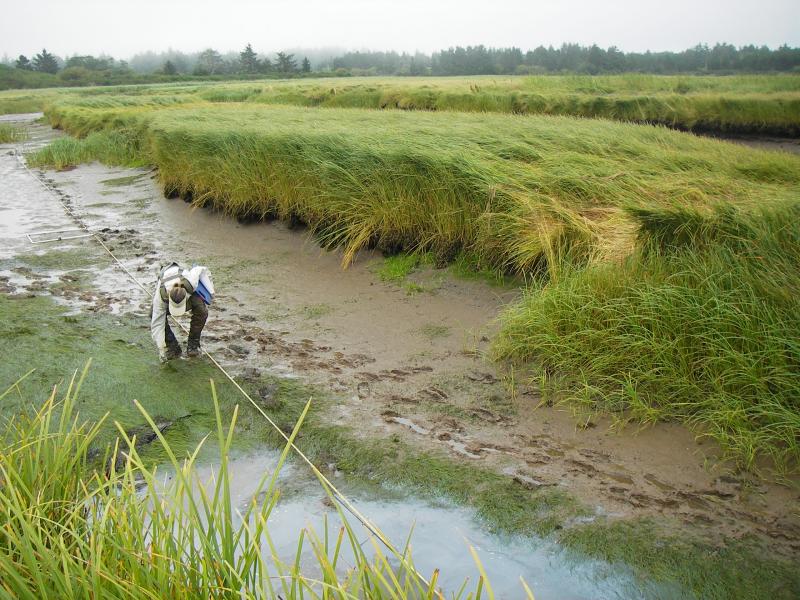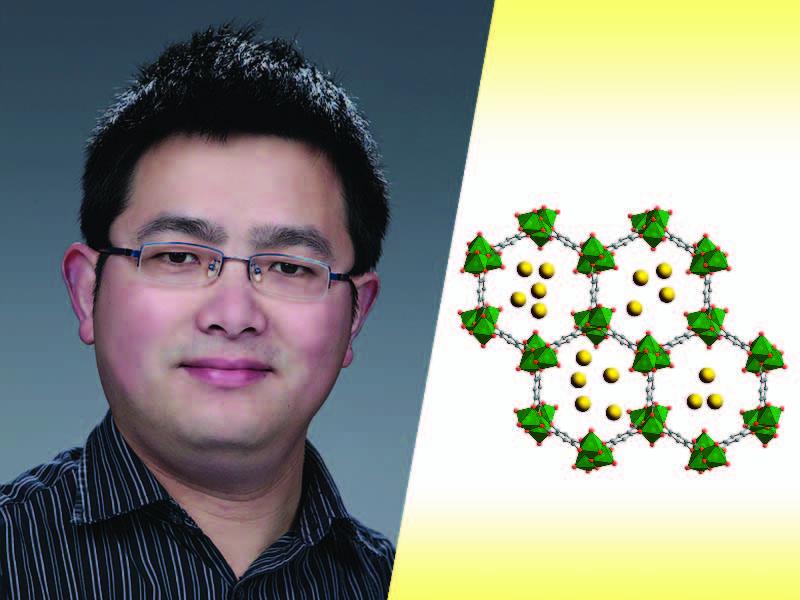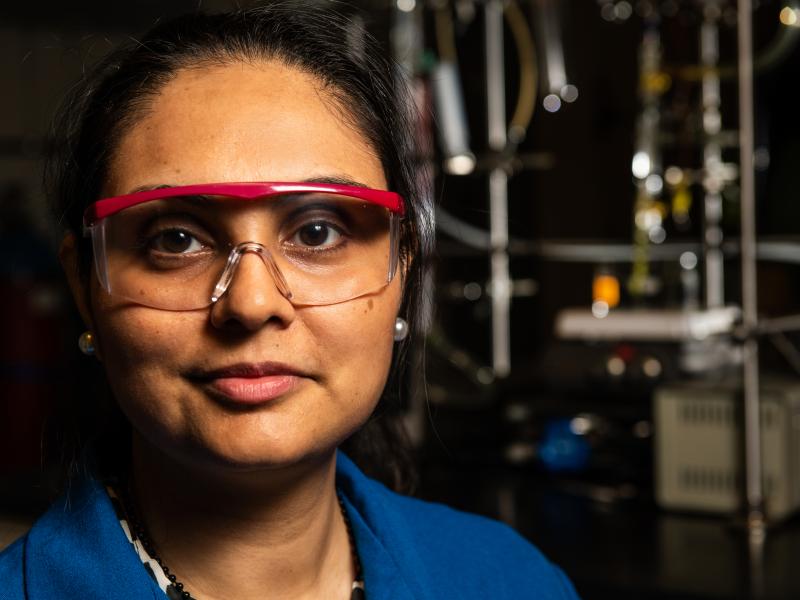Featured Stories
November 24, 2025
Energy Department Launches ‘Genesis Mission’ to Transform American Science and Innovation Through the AI Computing Revolution
September 25, 2025
PNNL Joins Space Research Group, Bringing Its Nuclear and Cybersecurity Expertise to New Heights
September 25, 2025
A Chilling Discovery: The Surprising Flexibility of Ice
September 30, 2025
Massive Datasets Meet Their Match
Subscribe
to receive PNNL
news by email:
Latest Stories
25 results found
Filters applied: Advanced Hydrocarbon Conversion, Synthetic Biology, Vehicle Grid Integration
























